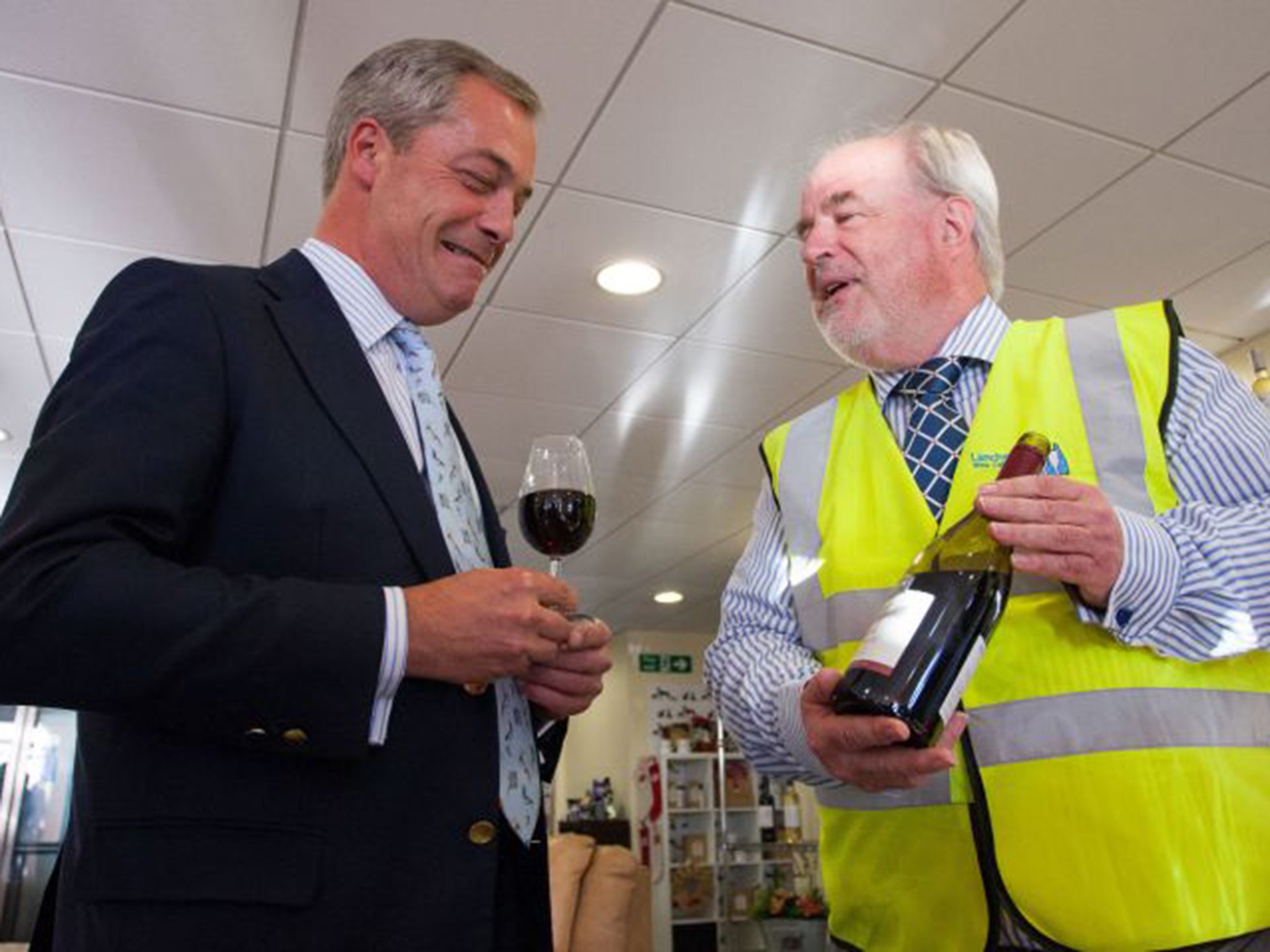Your support helps us to tell the story
From reproductive rights to climate change to Big Tech, The Independent is on the ground when the story is developing. Whether it's investigating the financials of Elon Musk's pro-Trump PAC or producing our latest documentary, 'The A Word', which shines a light on the American women fighting for reproductive rights, we know how important it is to parse out the facts from the messaging.
At such a critical moment in US history, we need reporters on the ground. Your donation allows us to keep sending journalists to speak to both sides of the story.
The Independent is trusted by Americans across the entire political spectrum. And unlike many other quality news outlets, we choose not to lock Americans out of our reporting and analysis with paywalls. We believe quality journalism should be available to everyone, paid for by those who can afford it.
Your support makes all the difference.Britain Stronger In Europe
The “In” campaign begins with two big advantages – one, it’s generally easier to persuade people to vote for things as they are than for radical change; and two, it is the only “In” campaign in town, so far.
The campaign title has a positive sound, but in no time, the “outers” had nicknamed it the BSE campaign, which does not sound good at all.
Its big disadvantages are that it is appears to be relying heavily on the business case for staying in, which may not cut much ice with some voters. They are also planning a big push for the under-25 vote, when the young are more likely not to be on the voting register, and not to vote even if they are. And if the campaign cannot find a more effective frontman than Lord Rose, they are in real trouble.
Vote Leave
The main advantage enjoyed by the more upmarket of the two “Out” campaigns is that it has cross-party support.Though it is predominantly a Conservative campaign, it has recruited a Labour MP, Kate Hoey, and Ukip’s only MP, Douglas Carswell, and it is not impossible that it will get a trade union, such as the GMB, onside. If they are joined by Boris Johnson, they will have a very effective salesman to spread their message.
The campaign title is more positive than “vote no”, and the plan is to give it a series of subtitles, such as “Vote leave, save money” or “Vote leave, the safer choice”.
Its big disadvantage is that while we know what it is campaigning against, it is not clear what it is for. Do they want the UK to be in the European Economic Area, like Norway, subject to many of the EU rules while taking no part in setting those rules, or do they want the UK to negotiate a separate trading arrangement with the EU?

Leave.EU
The other “Out” campaign has an effective frontman in Nigel Farage, and a very wealthy backer, Arron Banks, and claims to have more than 200,000 supporters. It has set itself a simpler task than Vote Leave. Rather than focus on the complicated pros and cons of free trade arrangements, they are pumping out the simple message that while we are in the EU the UK cannot “control its borders” – a polite way of saying “keep immigrants out”.
Leave.EU is streaks ahead of the others in putting T-shirts, mugs and other merchandise on sale.
The original campaign name was “Know”, which was designed to give a positive slant to a “No” campaign. But when the proposed question on the ballot paper was changed so that it did not call for a simple yes or no, they altered the name.
The campaign’s big disadvantage is that it is unlikely to attract many people who are not Ukip members or supporters. And if those voters are serious about preventing immigration, the option of the UK joining the European Economic Area is out.

Join our commenting forum
Join thought-provoking conversations, follow other Independent readers and see their replies
Comments